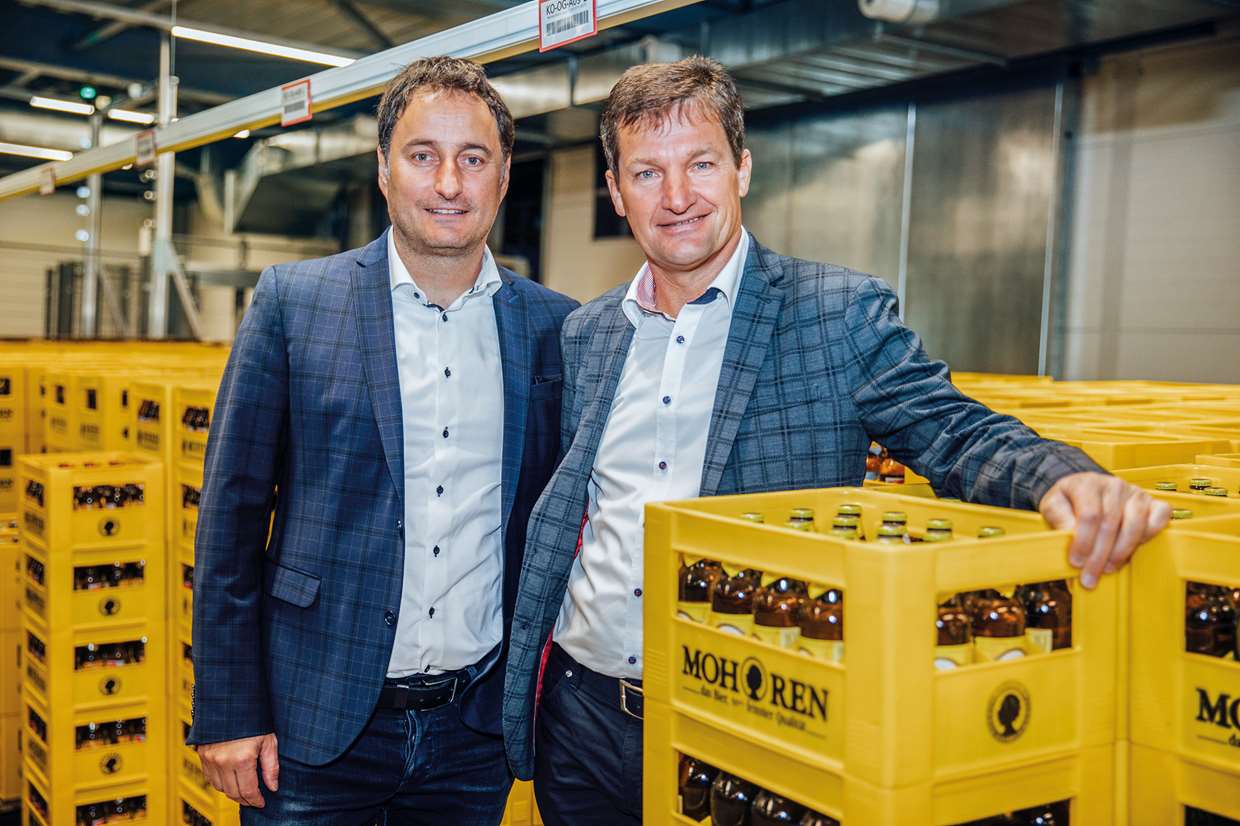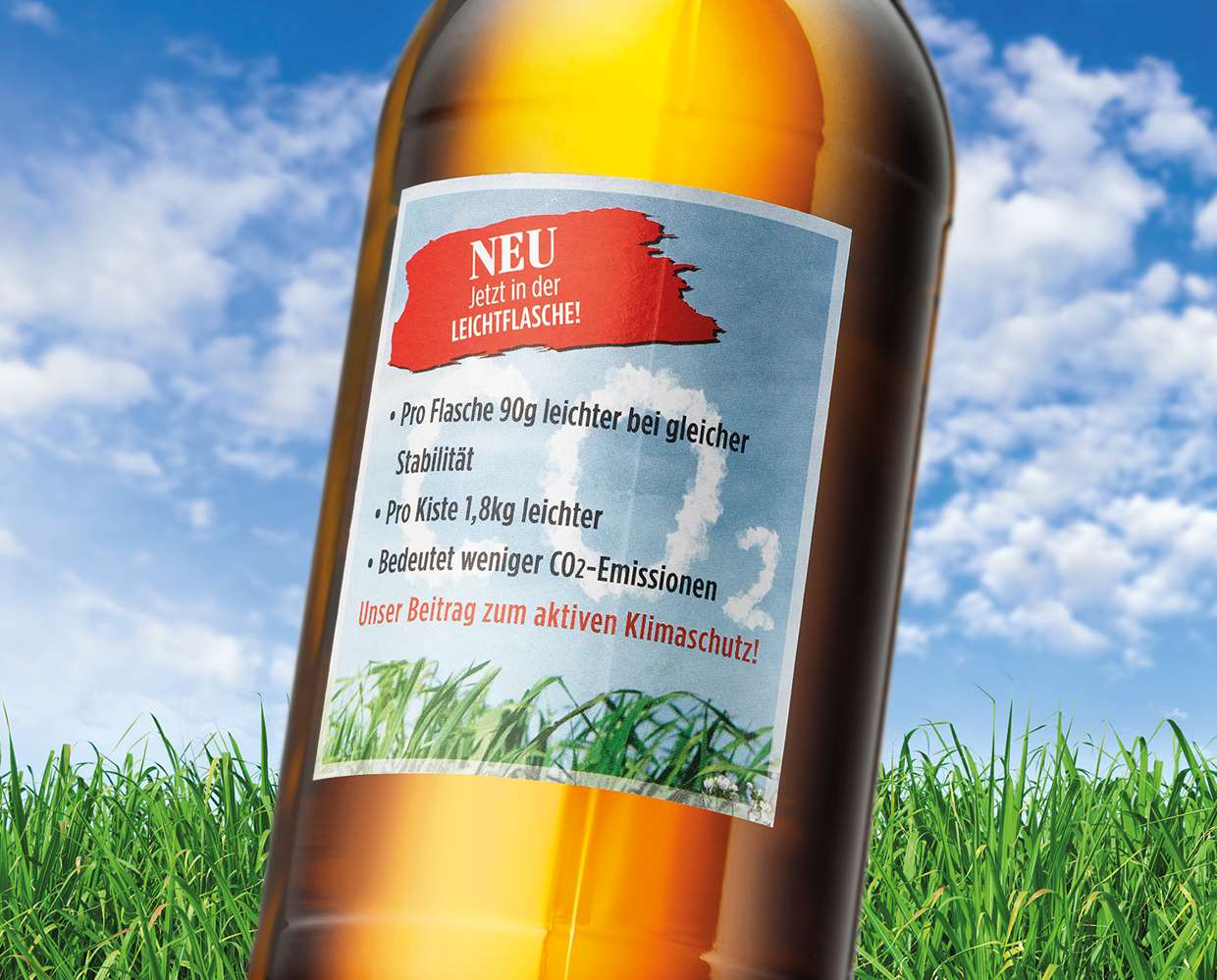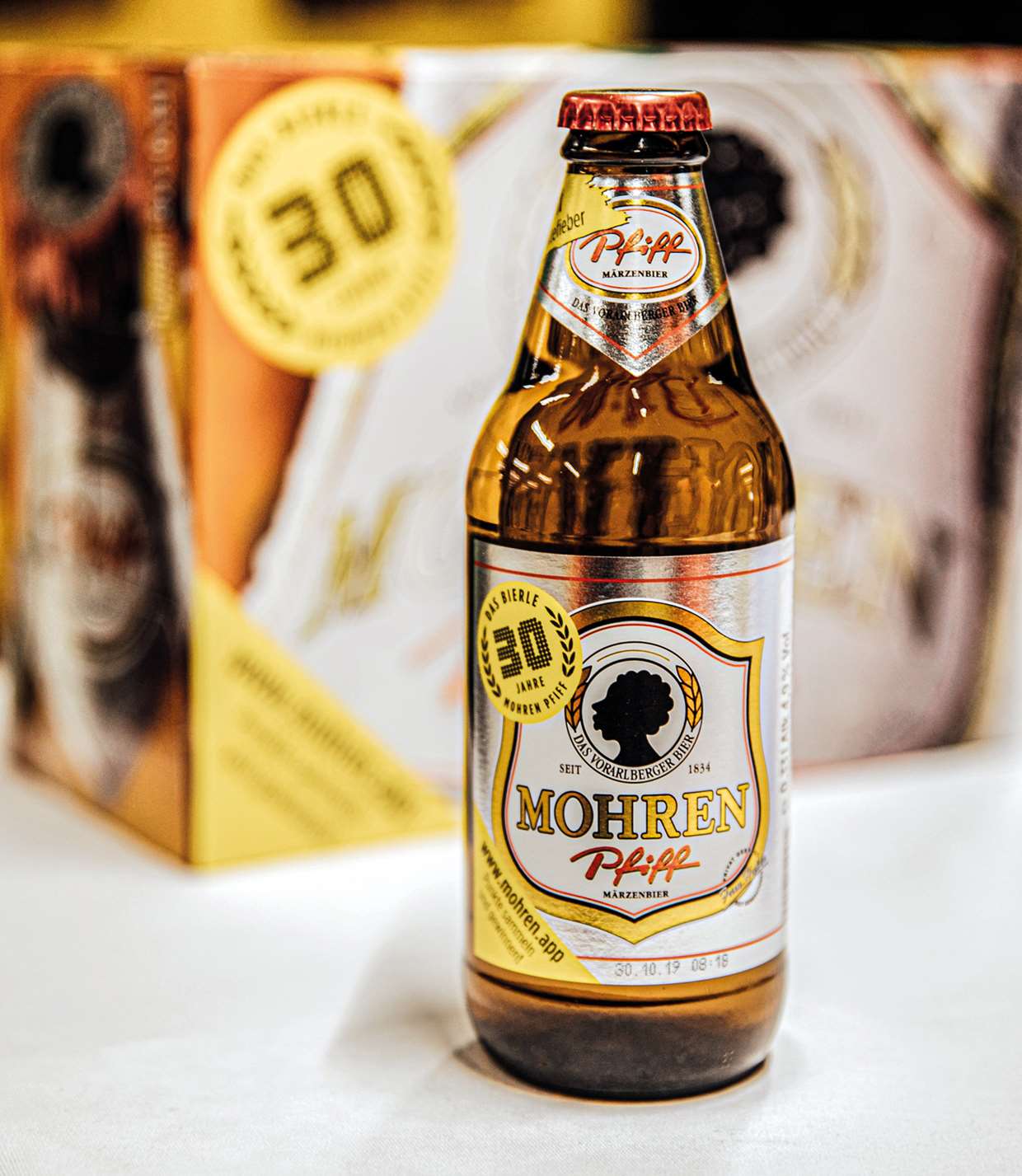- Interview CEO
- Vetropack Locations
- Market environment offering opportunities and challenges
- Business model
- Strategy 2030
- Management Structure
- Organisation
- Col2
- Material Topics and Performance Review
- Customers and suppliers
- Finances
- Innovation and intellectual property
- Production and products
- Employees
- Environment
- Col3
- New designs
- Financial Report
- Col1
- At a Glance
- Financial Report Vetropack Group
- Consolidated Balance Sheet
- Consolidated Income Statement
- Consolidated Cash Flow Statement
- Changes in Consolidated Shareholders’ Equity
- Consolidation Principles
- Valuation Principles
- Notes
- Ownership Structure
- Company Participations
- Report of the statutory auditor on the consolidated financial statements
- Five Year Overview
- Col2
- Financial Report Vetropack Holding Ltd
- Balance Sheet
- Income Statement
- Notes
- Board of Directors’ (BoD) Proposal for the Corporate Profit Appropriation
- Report of the statutory auditor on the financial statements
- Five Year Overview
- Corporate Governance
- Col1
- Introduction
- Board of Directors
- MB Members
- Remuneration and Additional Information
- Shareholders’ Participation Rights
- Auditors
- Information Policy
- Contact Address
- Remuneration Report
- Col1
- Introduction
- Principles of the Remuneration Scheme and its Components Audited Information
- Organisation and Authorities for Determining Remuneration
- Description of the Remuneration Components
- Board of Director’s Remuneration
- Management Board’s Remuneration
- Comparison of Remuneration disbursed with the Remuneration approved by the 2018 and 2019 Annual General Assembly
- Shareholdings
- Report of the statutory auditor on the remuneration report
- Sustainability Report
- Col1
- Sustainability Report
Multi-trip bottles from lightweight glass
Power-to-weight ratio significantly improved
Motorsport is not the only case where success is measured by more than power alone. Only the perfect power-to-weight ratio makes champions. Judged by this indicator, the new extra light, multi-trip bottles by Vetropack have what it takes to win the race. Even the name sounds athletic: VIP – Vetropack Improved Performance Glass.
Despite all the undeniable advantages of glass packaging, almost every discussion will feature the sentence: “Yes, but it is still heavier.” Weight becomes a factor during transportation, and consumers must ultimately also carry the packaging home from the supermarket. The more precious the content, the more likely this is to be accepted, i.e. a good wine versus a soft drink. In the sector for multi-trip bottles in particular, weight savings hold huge potential, precisely because of the distance a bottle like this will travel over the course of its life.

Could they also become thinner?
Because you can’t change much about the specific weight of the glass itself, the key to less weight lies in the wall thickness of bottles and jars. This can definitely also be reduced for single-use packaging; computer-aided calculations which identify the areas of the glass wall with a low load help to save material here. Varying the wall thickness is possible during production by using the modern narrow press and blow method, which is much more suitable than the traditional blow-blow method, in order to control the geometry of bottles.
The situation is different for multi-trip bottles, which are reused up to 50 times. During this process, the bottles are, among other things, cleaned, sterilised and sent through bottling lines. This means they are exposed to considerably different types and levels of stress than one-way bottles. This significantly reduces the potential achievements of material savings alone. The technical solution devised by Vetropack therefore starts from a completely different position and subsequently makes lightweight glass reusable in a single processing step.
Technology transfer from flat glass to container glass
Vetropack is changing the mechanical properties of the glass in a new production plant. The principle is known from flat glass and has been being refined for window panes, glass façades, display glass and car glass for years and implemented everywhere where the need for mechanical strength is particularly high. The process involves the finished flat glass being heated once again in exact doses and quickly cooled down.
What is already more complicated with flat glass than it sounds is a real technical challenge when dealing with three dimensionally formed glass products with varying material thicknesses. Vetropack has found a technical process in which the finished and cooled lightweight glass bottles can be reheated to around 700 °C and then cooled from the inside out without damaging tension being created in the differing areas of thickness – i.e. the heat-insulating areas of varying strength.
It took a long time to transfer the technology from flat glass to container glass, but the cost was worth it. The result is Vetropack Improved Performance Glass, abbreviated to VIP Glass. The glass is hardened through heat treatment, the surface is more resistant and the resistance also fully meets the demands for tough multi-trip use, even where the wall thickness is reduced. The exact weight saving depends on the shape and size of the bottle, but is very significant in each case.
VIP Glass does not bring about any changes to the sustainable circular economy. The glass can be fully recycled and does not require any special treatment or separation from normal used glass. On the contrary, it is made from a very high proportion of recycled glass itself.

Market launch with multi-trip beer bottles
Vetropack started series production of VIP in Austria in April 2019. The Mohrenbrauerei brewery in Dornbirn in the Austrian state of Vorarlberg treated one of its most popular varieties, the Märzenbier (March beer) “Pfiff”, to a new look by bottling it in the redesigned lightweight multi-trip bottle. With a content of 0.33 cl, the new bottle only weighs in at 210 grams, an impressive 90 grams less than its predecessor made in traditional multi-trip quality.
Per box, the savings totalled 1.8 kilograms – handling during production and logistics in the Mohrenbrauerei benefited noticeably from this, as did each step in the supply chain all the way to the consumer. The feedback from beer enthusiasts was also very positive. It is not only the shape and colour of a bottle but also its weight which has an effect on its image. A lightweight glass bottle simply goes well with a light drink. From a marketing perspective, VIP has another advantage, as it is of a higher quality than other known lightweight packaging alternatives.

Sustainability across the entire life cycle
The weight saved during production benefits the environment in many respects. Firstly, it means that fewer resources are used during production and material and energy use is significantly reduced. More energy is saved during transportation across the entire supply chain and there are also advantages which aren't even apparent at first. Multi-trip bottles are, for example, thoroughly cleaned before being refilled. Heat also plays an important role during this process. Lighter bottles cool the cleaning water in the washing machine far less, reducing energy consumption.
As well as holding high-quality drinks, VIP Glass therefore also holds huge potential: for product marketing and a brand image which emphasises lightness, but above all benefits for the environment. This Vetropack innovation clearly has a future.
This website uses cookies to ensure you get the best experience on our website.Privacy statement
- Sustainability Report
- Col1
- Col1
- Col1
- Col1
- Material Topics and Performance Review